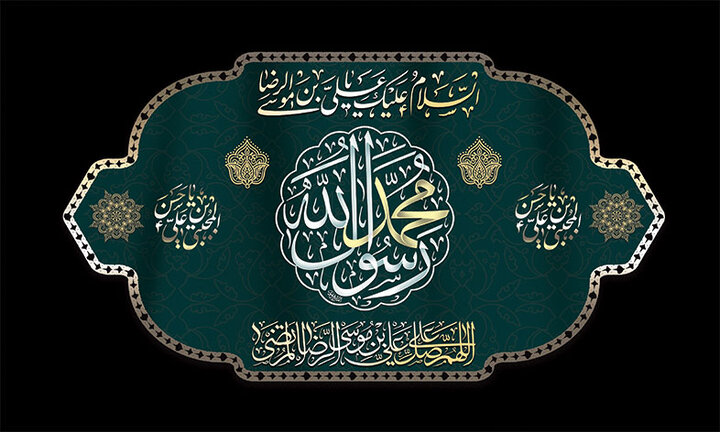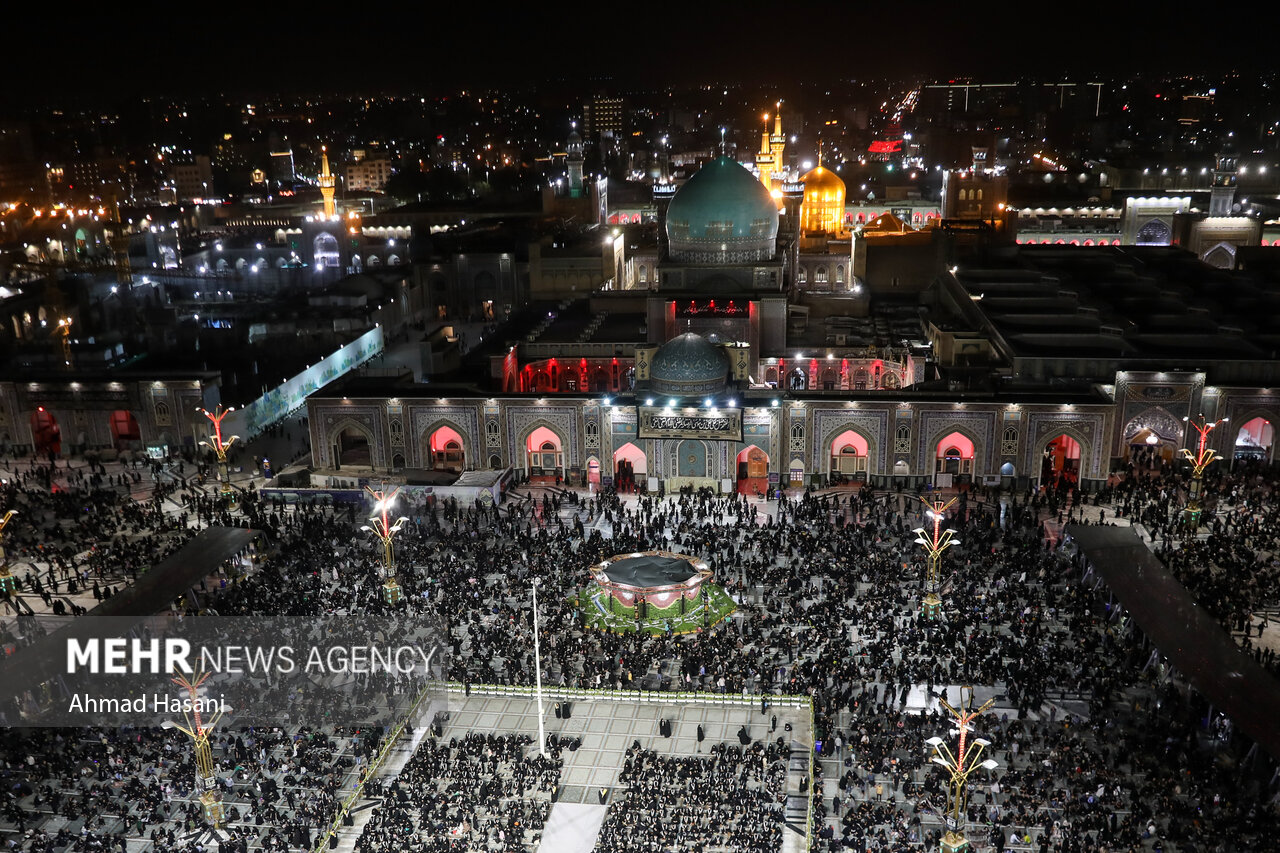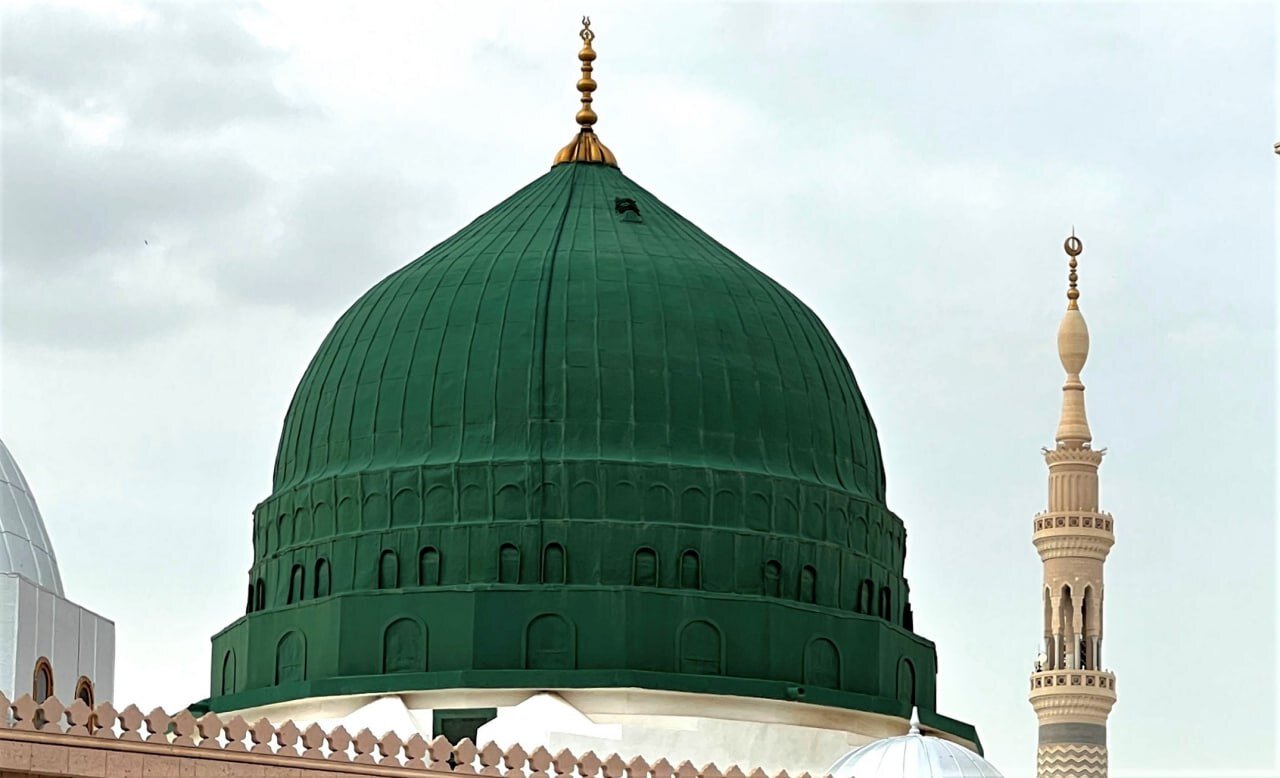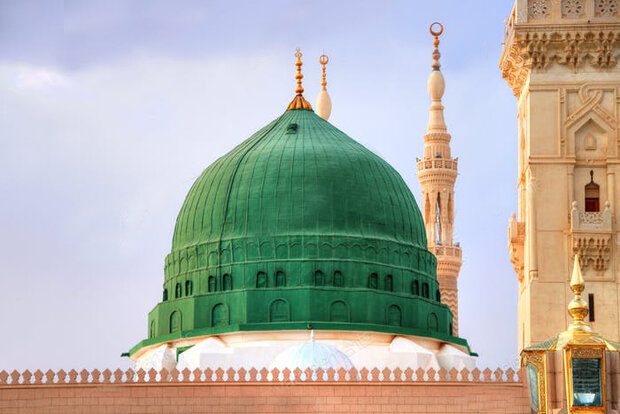Born in about 570 AD in the city of Mecca, Prophet Muhammad (PBUH) was termed as a skillful leader during both times of war and times and peace, which aided him in delivering the message of Islam.
His father died before his birth, and he was raised by his grandfather and uncle in a poor but respectable Quraysh family involved in Meccan politics and trade.
As a teenager, Muhammad worked in camel caravans, gaining commercial experience through trips to Syria and from the Mediterranean to the Indian Ocean. He earned a reputation for honesty, earning the nickname “al-Amin,” or trustworthy.
In his 20s, he began working for Khadijah, a wealthy merchant woman 15 years his senior. Attracted to him, she proposed marriage, which he accepted. Their happy union resulted in several children, including Fatima, who would marry Muhammad’s cousin, Ali ibn Abi Talib, his eventual successor.
Muhammad began to gather followers but initially faced little opposition. However, his message condemning idol worship threatened the economic interests of Mecca's tribal leaders and the Quraysh tribe, guardians of the Kaaba. When Meccan leaders offered him incentives to abandon his preaching, he refused.
Increasing resistance forced Muhammad and his followers to emigrate from Mecca to Medina in 622, marking the start of the Muslim calendar. There, he helped end a civil war among local tribes and built a Muslim community, gradually gaining acceptance and followers.
From 624 to 628, Muslims engaged in critical battles for survival. In the decisive Battle of the Trench and Siege of Medina, Muhammad emerged victorious, leading to a treaty that was later violated by Meccan allies. By then, Muhammad had gained significant forces, shifting the balance of power in favor of the Muslims. In 630, the Muslim army entered Mecca with minimal casualties. Muhammad granted amnesty to many opposing leaders and pardoned others, leading most of Mecca’s population to convert to Islam. He and his followers then destroyed the pagan idols around the Kaaba.
After resolving the conflict with Mecca, Muhammad completed his first Islamic pilgrimage and delivered his last sermon at Mount Arafat in March 632.
At the beginning of 11/632, the Prophet (s) became sick and passed away. Before he passed away, when he was very ill, he gave a farewell speech to the Muslims and advised them to be kind to one another. He also said, "If I owe anything to anyone, they should come to me to ask for it, or else, they should disregard it. If I have annoyed anyone, I am ready to be punished in retaliation for it".
The Prophet (s) passed away on Safar 28/May 25 or on Rabi' I 12/June 7 of 11/632 at the age of 63.
It is mentioned in Nahj al-balagha that at the time of his demise, the Prophet's (s) head lay on the chest of Ali (a).
At the time of his demise, none of his children were alive except for Fatima (a).
All of his other children had passed away, including Ibrahim, who was born one or two years before the Prophet's (s) demise.
Ali (a), with the help of some others, as per the Islamic tradition, washed the Prophet's (s) body and shrouded and buried him in his house, which is now located in Masjid al-Nabi.

On this day in Iran, the followers of the Prophet are involved in Nawḥakhwāni which is reciting elegies.
This activity mentions the hardships of grief, and certain manners of mourning for great leaders of religion and is in Shi'a culture commonly practiced in the mourning of the infallible (a) especially Imam al-Husayn (a).
According to Shi'a teachings, reciting elegies for the dead is disliked except for the infallible (a), which is among the most important religious rituals and means of spreading virtues and reviving remembrance of those examples of perfection.

On this sad occasion, people form assemblies and listen to the orators reciting ritualized accounts of the Battle of Karbala.
People in the holy city of Mashhad, northeast Iran, come out on the streets to mourn the death anniversary of the Prophet Muhammad (PBHU).
The cities of Qom and Shiraz, which are home to shrines of revered Shia figures, are also hosting mourners commemorating the event.
When we try to gain authentic knowledge about our tradition necessarily we seek out the teachings and the practice of our Prophet Muhammad (PBUH).
The Prophet was a great teacher who not only taught human beings about dedication, rigger, devotion, and obedience but he also guided us to be lovers of the divinity.
Prophet Muhammad also had a great style of leadership coupled with a unique style of communication. This many say led to the propagation of Islam not just within Arabia but beyond.
He communicated and practiced the values of liberty, justice, and politeness. All these actions resonated with the people at the time and proved to them that he was a great role model.
Zīyāra Amīn Allāh
Ziyara texts that have been received from Ahl al-Bayt (a) mostly enjoy content with authentic Islamic beliefs and teachings.
Some of such ziyara-texts have found more importance and fame due to their special content or reference; such as Ziyara Ashura', al-Jami'a al-Kabira, Ziyara Amin Allah, Ziyara Warith, and Ziyara Al Yasin.
Iranians recite Zīyāra Amīn Allāh on the eve of the demise anniversary of the Prophet Muhammad (PBUH).

Distribution of Nazri (charity food)
It is an ancient Persian tradition that the Iraniand cook food and give it to others, including the poor, friends, and family, in their religious ceremonies like the demise anniversary of the prophet Muhammad (PBUH). This charity food or free food, is called Nazri.
One of the common foods is called Sholeh Zard which is a sweet Iranian dessert made of saffron, sugar, almond flakes, and rice.
Prophet Muhammad (PBUH) is the bringer of peace, ethics, friendship, freedom, and life for all of humanity.
His life is filled with true examples for people and all truth and justice seekers.
MNA

























Your Comment